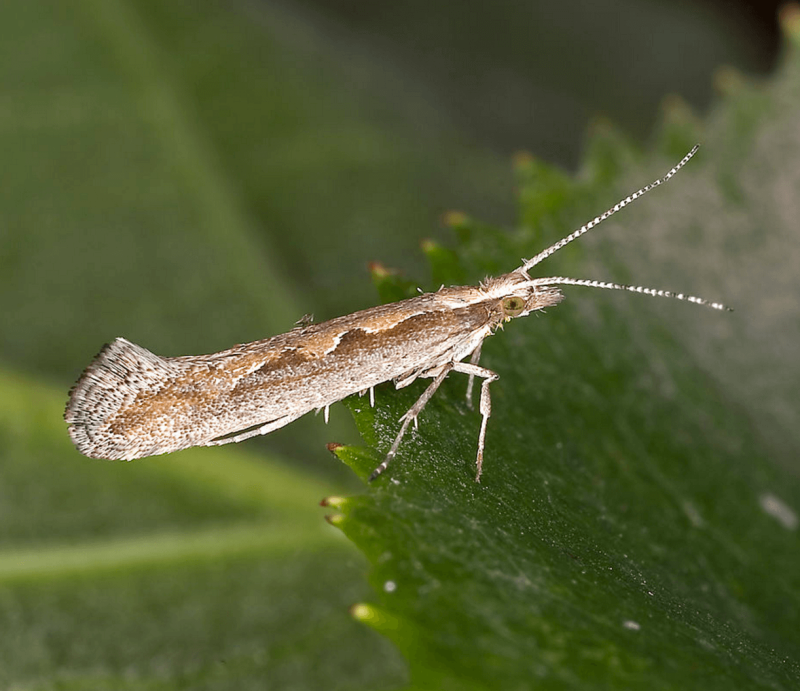The deadline to submit comments to the USDA on the proposed field trial of the GM diamondback moth is nearing, and Nobel Laureate Sir Richard Roberts has weighed in:
“The diamondback moth is the most serious insect pest of Brassica crops (including cabbage, broccoli, etc) in the US and worldwide, with associated costs, including crop losses, estimated at $4 billion-$5 billion annually. The GM diamondback moth currently under development and testing will provide another tool to fight this hard-to-control agricultural pest. Moreover, this tool will help reduce the use of less efficacious controls for this pest such as insecticides.”

Cornell University is seeking the go-ahead to conduct an open field trial for the transgenic self-limiting diamondback moth, developed by Oxitec and similar in design to the company’s self-limiting mosquito (which I covered here). In short, the male moths are engineered with a gene that passes to offspring, killing females before they can reach adulthood and reproduce, reducing the population. Since the males only mate with females of their own species, this method doesn’t affect beneficial insects. The gene itself isn’t toxic or harmful, so predators who eat the Oxitec moths digest them the same as they would any other prey.
The GLP aggregated and excerpted this blog/article to reflect the diversity of news, opinion, and analysis. Read full, original post: Nobel Laureate Sir Richard Roberts On GMO Moth: ‘Food Security Challenge Ahead Is Formidable’































